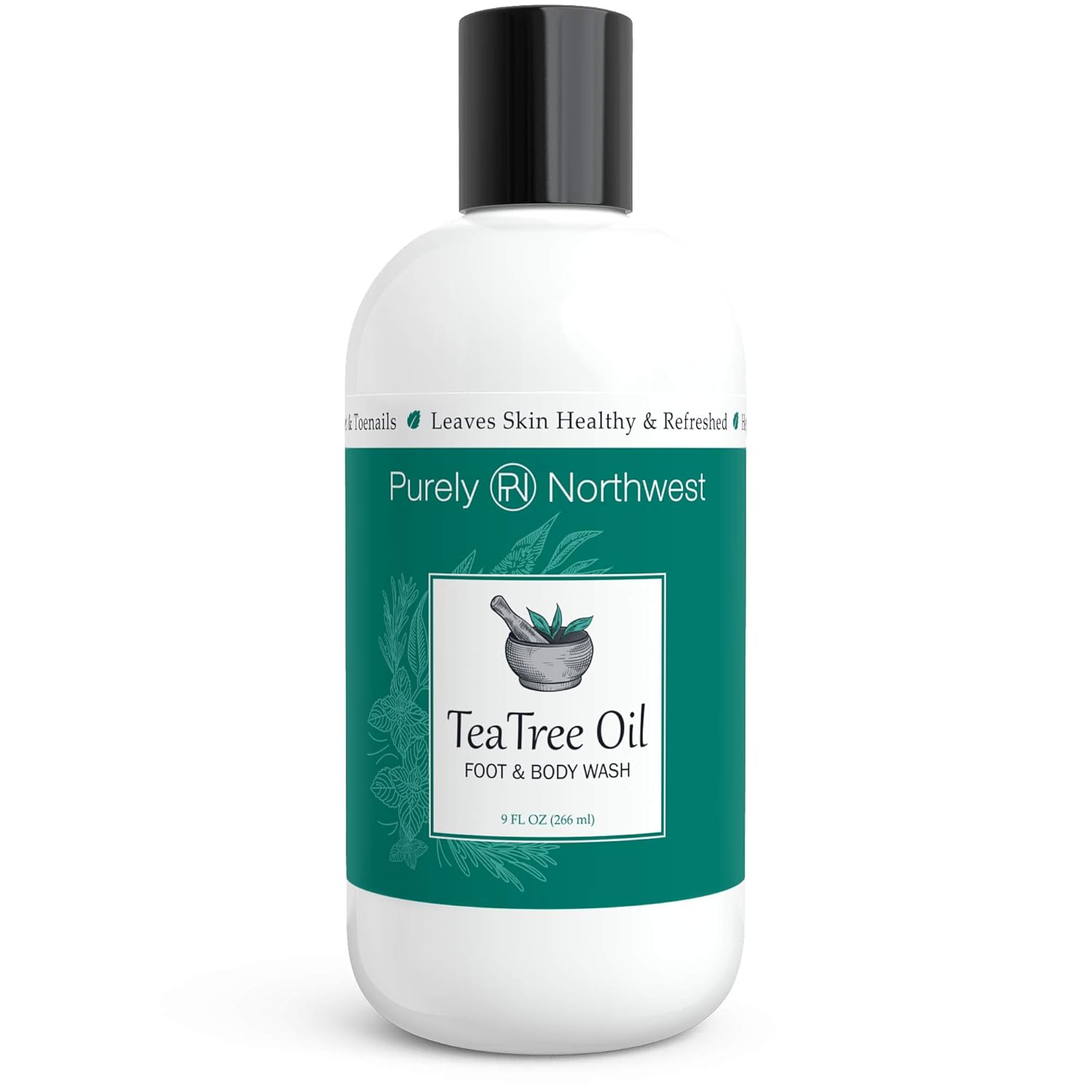Moisturizers
Moisturizers are essential products in the realm of skincare and personal care. They play a crucial role in maintaining the health and appearance of the skin by providing hydration and preventing moisture loss. Here's some key information about moisturizers:
Purpose: Moisturizers are designed to hydrate the skin and keep it soft and supple. They help prevent dryness, flakiness, and roughness, contributing to a smoother, healthier complexion.
Ingredients: Moisturizers contain various ingredients, including water, emollients, humectants, and occlusives. Emollients like oils and butters help to smooth and soften the skin, humectants like glycerin and hyaluronic acid attract and retain moisture, while occlusives like beeswax or petroleum jelly create a barrier to lock in moisture.
Types: There are different types of moisturizers, including creams, lotions, gels, and ointments. The choice of moisturizer often depends on skin type and personal preference. Creams are thicker and more hydrating, while lotions are lighter and better suited for oily skin. Gels are often water-based and suitable for those with sensitive or acne-prone skin.
Skin Types: It's essential to choose a moisturizer that matches your skin type. For example, people with dry skin may benefit from richer, more hydrating moisturizers, while those with oily skin may prefer oil-free or gel-based products.
Sun Protection: Some moisturizers include SPF (Sun Protection Factor) to provide protection against harmful UV rays. These are known as moisturizers with sunscreen. However, for extended sun exposure, it's recommended to use a dedicated sunscreen product with a higher SPF.
Benefits: Moisturizers not only hydrate the skin but can also address specific concerns, such as reducing the appearance of fine lines and wrinkles, soothing irritated skin, and improving the skin's texture and tone.
Application: It's generally recommended to apply moisturizer after cleansing your face or body.Gently massage it into the skin using upward and outward motions. For the face, use a separate moisturizer designed for facial skin, as it may have different formulations than body moisturizers.
Night vs. Day: Some people prefer to use a heavier moisturizer at night to allow the skin to repair and rejuvenate while they sleep. Daytime moisturizers may be lighter and contain SPF for sun protection.
Specific Concerns: There are specialized moisturizers available for various skin concerns, such as anti-aging, acne-prone skin, sensitive skin, and eczema-prone skin. These products often contain specific active ingredients to address these issues.
Consistency: Consistent use of moisturizers is essential for maintaining healthy skin. Incorporating moisturizer into your daily skincare routine can help keep your skin looking and feeling its best.
Remember that choosing the right moisturizer for your skin type and specific needs is essential for achieving the best results. If you have specific skincare concerns or conditions, consulting with a dermatologist or skincare professional can provide personalized recommendations.



